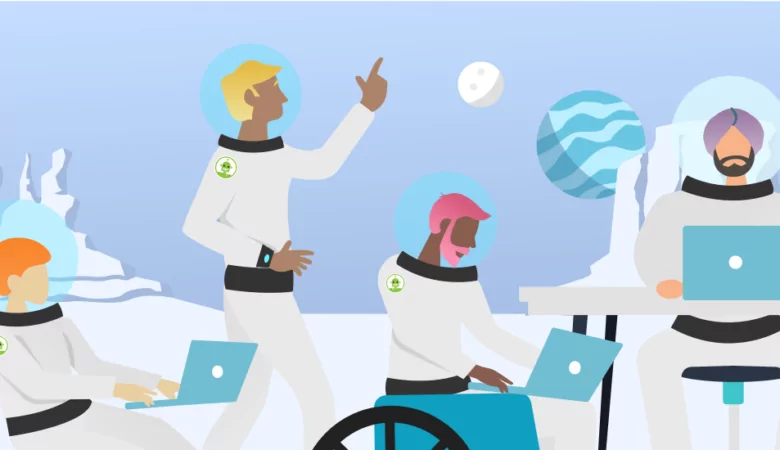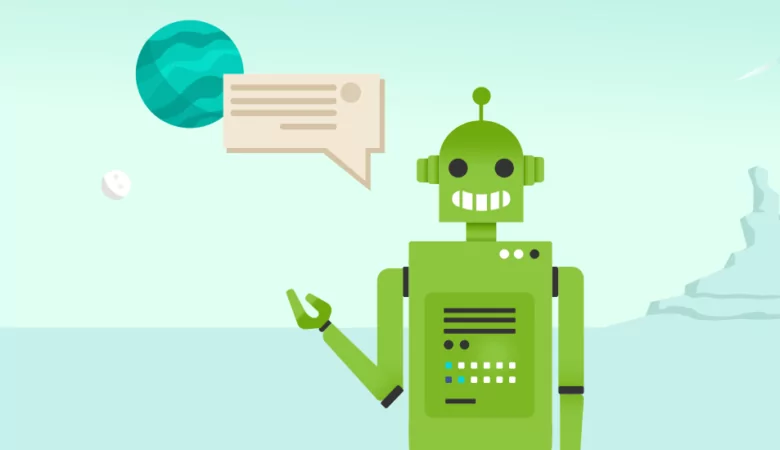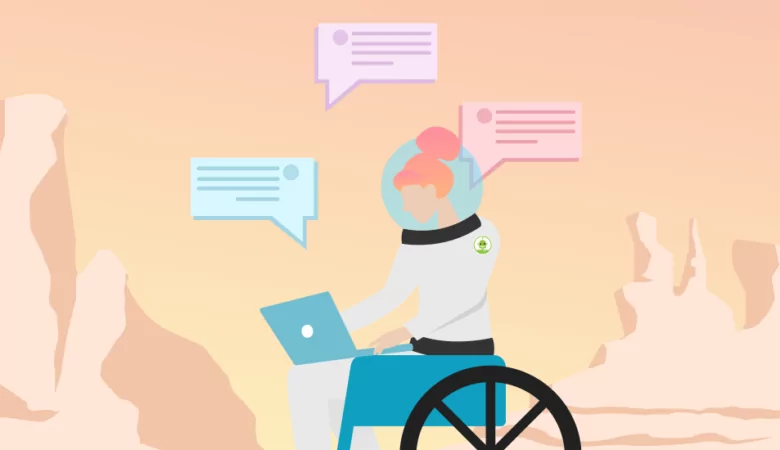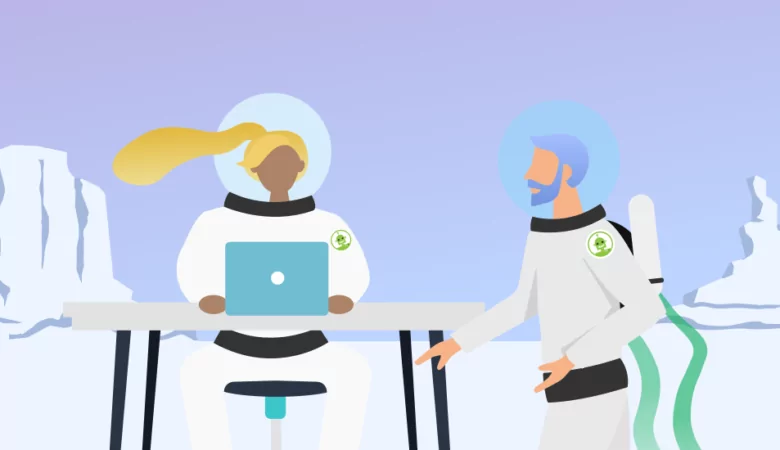A second interview can be even more daunting than the first interview. How do you create a positive impact on your interviewer the second time around?
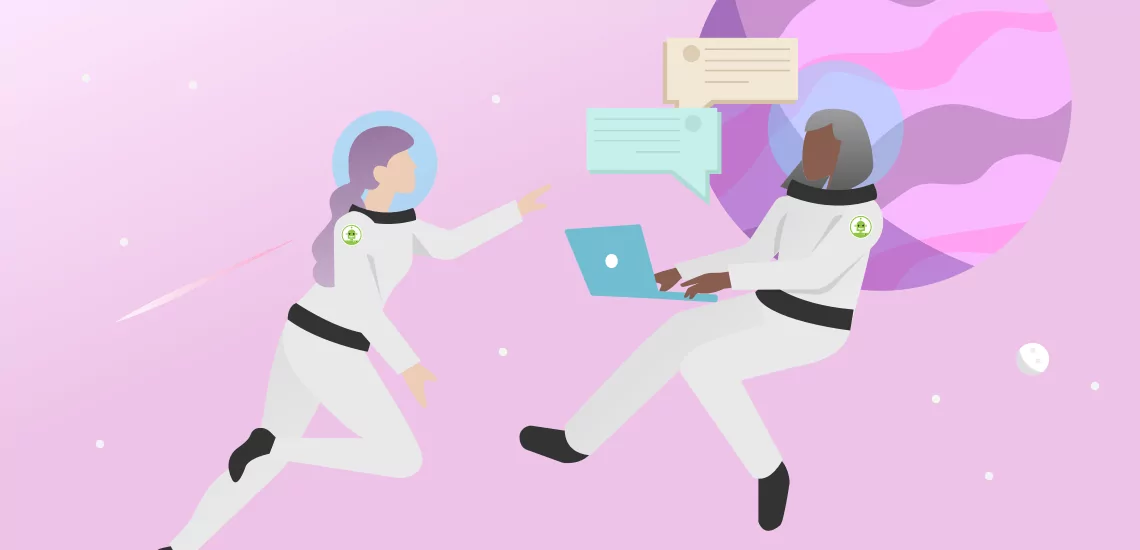
How to Get Ready for a Second Interview
Second Interview Questions
You’ve made your way through the job interview, answered all the questions, and are proud of how you did. The hiring manager has called you back for a follow-up interview. This is a good sign because it means you’re further along in the interview process, but it also means that you’re among a final group of candidates and really need to make the right impression in your second interview. Here’s what you need to know about this process.

Are Second Interview Questions Going to Be Different From First Interview Questions?
To an extent, yes. The list of questions in a first interview are typically based around whether or not you have the skill set and experience listed in the job description. They’re also trying to get an idea of your personal preferences – whether you’re a team player, what you did in your last job, and what your short-term and long-term goals are. Plus, a hiring manager is usually going to look for any glaring red flags that can indicate you’re not a great choice for the company. The second interview is often based around more behavioral interview questions. While the first interview is just trying to get a basic understanding of who you are, the second interview more frequently focuses on in-depth concepts like your specific management style, the job duties you perform irregularly at your current job, and sometimes questions about your salary expectations.
Most Common Second Interview Questions to Prepare For
In the same way there are many common job interview questions and answers, there are some incredibly common questions that you might get in your second interview. Preparing for these questions is key to making sure that you’re able to answer whatever comes your way. Here are a few second-round interview questions that you might receive:
- Do you want to follow up on anything from the first interview?
What is your management style? - How have you been able to implement [insert skill, like problem-solving skills or time management skills] in your previous jobs?
- Did you change anything in the way the company previously worked at your current job?
- What are your career goals in both the short-term and the long-term?
- How do you handle negative feedback when you receive it?
- Talk about a specific example of a time when you needed to give feedback to your team members.
- What are your favorite company culture environments?
How you respond to these questions will tell a hiring manager about the qualities make you the best candidate, and elevate you past other extremely qualified candidates. Employers want to know what makes you unique, so it’s important that you show this to them.
Tips on Preparing for Anything an Interviewer May Ask in a Second Interview
The best interview tips to internalize for any questions you might get at a second job interview all revolve around understanding how to answer interview questions in general.
First of all, understand why the interviewer is asking these questions in the first place. They’re trying to determine if you’ll work well in this new job. Acing this interview is all about meeting their needs while also being honest about your own skills and talents.
Second of all, it’s good to use the STAR method for answering these types of interview questions. STAR stands for Situation, Task, Action, Result. With this method, your example answers will start with a Situation you were dealing with, a Task you had to complete, the Action you took to complete the task, and the Result of the situation. This is a great way to showcase your skills and talents to an interviewer
FAQ: Second Interview
If you have the same interviewer that you had for the first interview, then you might want to make a bit of small talk and catch up quickly if the interviewer doesn’t seem too rushed or hurried. Asking a few questions and showing genuine interest in the interviewer’s life can be a great way to show that you really care about individuals, not just your work, and can be a great way to boost your standing in the eyes of the hiring manager.
Most of the time, the dress code for a second interview is the same as the first one. The only time you might need to change your dress code slightly is if you noticed that the hiring manager or other people in the office were dressed significantly different from yourself when you went in for the first-round interview. In this case, taking steps to adjust to the work environment shows initiative on your part and can definitely be a positive for a recruiter.
It completely depends on the company, the job position, and who you might be up against. Typically, a second round is all that’s necessary for the company to decide who they think is a better candidate. However, the hiring process can be complicated, and there are reasons that a hiring office might need to go through even more rounds of interviews before they decide on the right candidate. If you’re not sure, ask the hiring manager.

